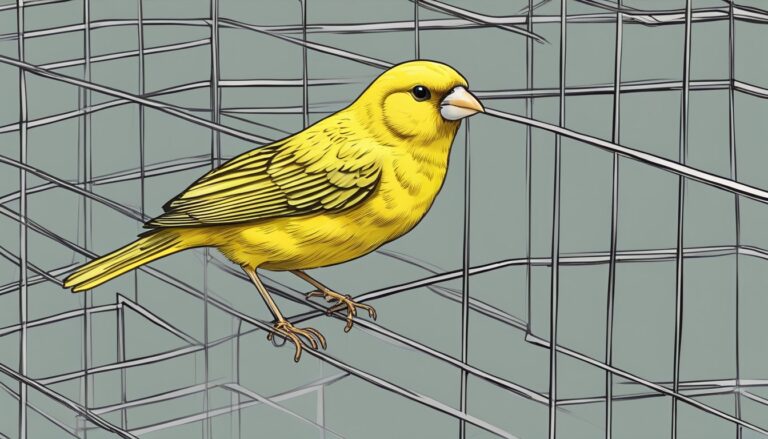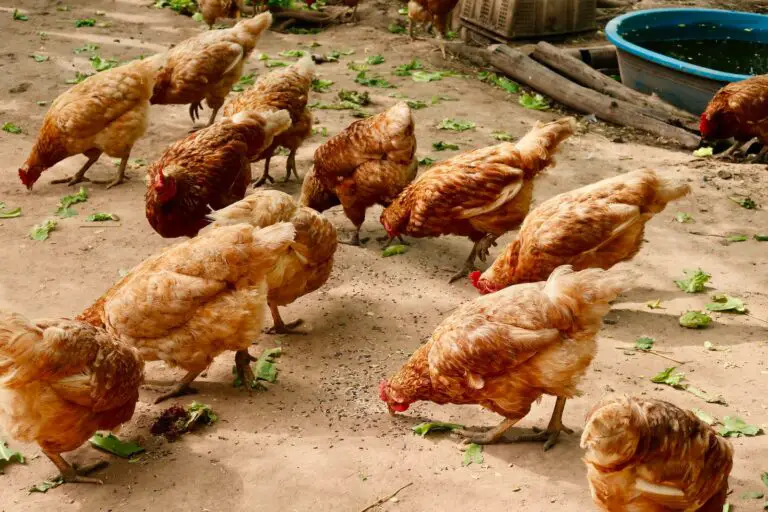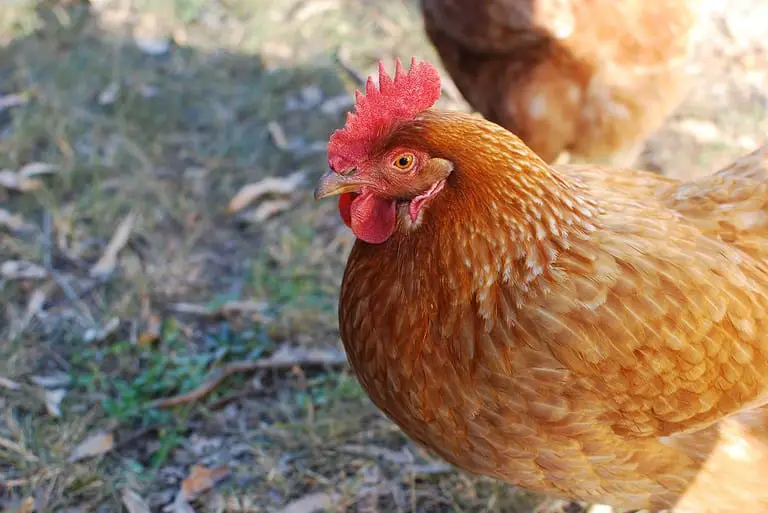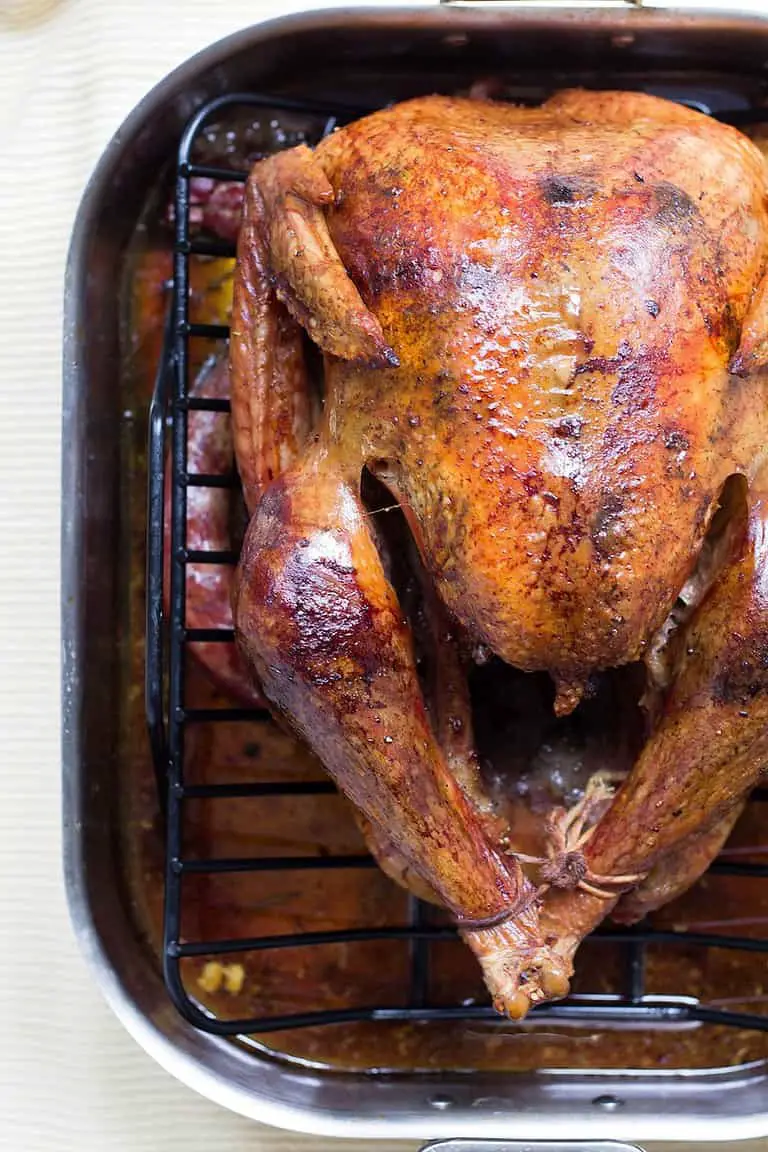A Beginner’s Guide to Starting a Chicken Farm: The Basics of Poultry Farming
Understanding the Importance of Proper Planning in Poultry Farming
Basics of Poultry Farming. Proper planning is essential for success in the poultry farming industry. Whether you are raising broiler chickens or layer chickens, having a well-thought-out plan can make all the difference in maximizing production and profitability.
One of the first steps in proper planning for poultry farming is selecting the right breed of chickens for your farm. Different breeds have different characteristics and requirements, so it’s important to choose ones that are well-suited for your specific goals and resources.
Additionally, setting up suitable housing and infrastructure is vital for creating a comfortable and productive environment for your flock. Adequate space, proper ventilation, and appropriate temperature control are just a few factors to consider in designing the perfect poultry housing setup.
From there, providing proper nutrition and feed management becomes critical for optimal growth and production.
The right balance of nutrients, age-appropriate feed, and regular monitoring of feed consumption are key factors in ensuring your chickens stay healthy and reach their desired market weight.
Lastly, implementing effective biosecurity measures is crucial to protect your flock from diseases and maintain a healthy environment.
Vaccination programs, biosecurity principles, and regular monitoring are essential components of a strong disease prevention strategy.
By prioritizing biosecurity, you can minimize the risk of disease outbreaks and protect the livelihood of your poultry farming business.
Proper planning is the foundation of a successful poultry farming venture. By carefully considering aspects such as breed selection, housing and infrastructure, nutrition and feed management, and biosecurity, you can set your farm on the path to profitability and sustainable growth.
Selecting the Right Breed of Chickens for Your Farm
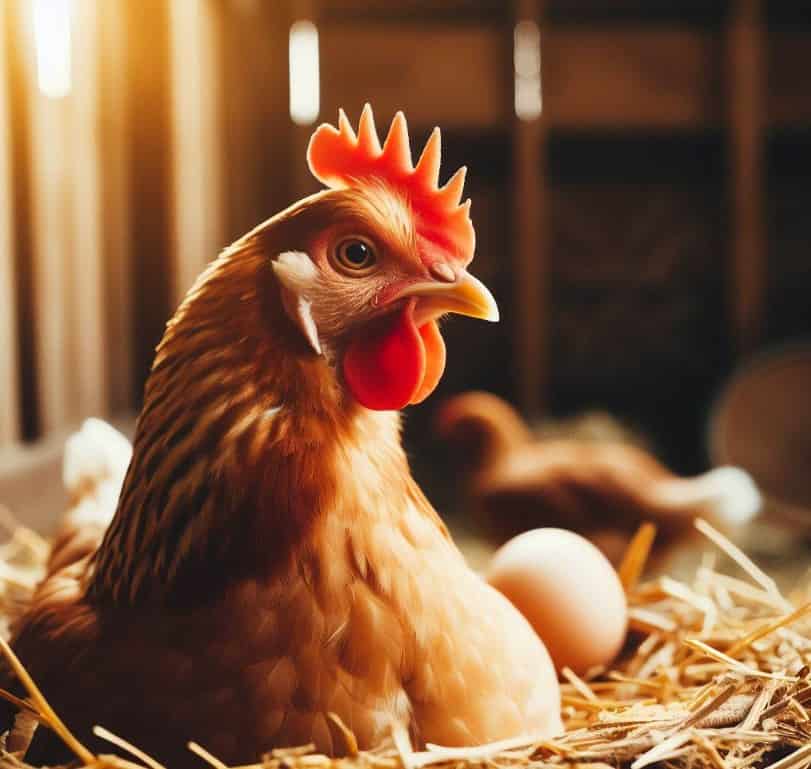
When embarking on a poultry farming venture, selecting the right breed of chickens for your farm is a crucial first step. The choice of breed will largely depend on the purpose of your farm, whether it is focused on broiler chicken production or egg production.
For broiler chicken farming, breeds such as Cornish Cross and White Plymouth Rock are popular choices due to their fast growth rate and high feed efficiency. These breeds are specifically bred for meat production and can reach market weight in a relatively short period of time.
On the other hand, for layer chicken farming, breeds like Rhode Island Reds and Leghorns are well-suited for their excellent egg-laying abilities. These breeds are known for their high egg production and can provide a consistent supply of quality eggs.
In addition to the purpose of your farm, other factors such as climate, management capabilities, and market demand should also be taken into consideration when selecting a breed. Each breed has its own specific requirements and characteristics, and it’s important to choose one that aligns with your resources and goals.
By conducting thorough research and consulting with experts in the poultry industry, you can make an informed decision that sets the foundation for a successful poultry farming venture.
Setting Up a Suitable Housing and Infrastructure for Your Chickens

When it comes to setting up suitable housing and infrastructure for your chickens, proper planning is essential. The design and management of your poultry farm should prioritize the comfort, safety, and well-being of the birds. A well-designed poultry housing system not only ensures optimal productivity but also plays a crucial role in disease prevention and control.
Firstly, consider the size and layout of the housing structures. The space should be adequate to accommodate the number of birds you plan to raise, allowing for natural behavior such as walking, perching, and nesting.
Additionally, the housing should be well-ventilated to promote good air quality and prevent the buildup of moisture. Adequate lighting is also important to stimulate bird activity and egg production.
Furthermore, consider incorporating suitable flooring and bedding materials to maintain hygiene and prevent the growth of harmful bacteria.
By paying attention to these details in your housing and infrastructure setup, you are taking important steps towards a successful poultry farming operation.
Providing Proper Nutrition and Feed Management for Optimal Growth
Providing proper nutrition and feed management is crucial for ensuring optimal growth in your poultry farm. The right balance of nutrients is essential to promote healthy development and maximize egg production in layer chickens or meat production in broiler chickens.
To achieve this, you need to carefully select a high-quality feed that meets the specific nutritional requirements of your chickens based on their age and purpose.
For example, layer chickens require feed that is rich in calcium to support eggshell formation, while broiler chickens need feed with higher protein content to support rapid muscle growth.
It is important to work closely with a nutritionist or poultry specialist to formulate a well-balanced diet that meets these requirements.
Proper feed management also involves creating a feeding schedule and monitoring the amount of feed consumed by your chickens.
Overfeeding can lead to obesity and health issues, while underfeeding can stunt growth and reduce productivity.
Regularly inspecting feeders and waterers for cleanliness and proper functioning is also essential to ensure that your chickens have continuous access to feed and water.
By providing proper nutrition and implementing effective feed management practices, you can help optimize the growth and productivity of your poultry flock.
This not only ensures the overall health and well-being of your chickens but also contributes to the profitability and success of your poultry farming business.
Implementing Effective Biosecurity Measures to Ensure Healthy Flocks

Biosecurity is a critical aspect of poultry farming that plays a crucial role in ensuring the health and well-being of flocks. Implementing effective biosecurity measures is essential for preventing the introduction and spread of diseases within the poultry farm.
One key aspect of biosecurity is controlling and monitoring the movement of people, animals, and equipment on and off the farm. Restricting access to the farm and implementing strict hygiene protocols can help minimize the risk of disease transmission.
This includes requiring visitors to follow biosecurity measures such as wearing clean clothing and footwear, disinfecting hands, and using designated entry points.
Another important biosecurity measure is maintaining strict hygiene practices within the poultry housing and infrastructure. Regular cleaning and disinfection of the barns, equipment, and vehicles can help eliminate disease-causing pathogens.
Proper waste management procedures, such as the appropriate disposal of manure and dead birds, also play a crucial role in preventing the spread of diseases.
Additionally, implementing vaccination programs is a vital biosecurity measure for protecting flocks from common poultry diseases. Vaccines help stimulate the immune system of the chickens and provide them with immunity against specific diseases.
Proper record-keeping and regular monitoring of vaccination schedules are important to ensure that all birds receive timely and appropriate vaccines.
Overall, implementing effective biosecurity measures is essential for maintaining the health and productivity of poultry flocks.
By controlling the movement of people and equipment, maintaining strict hygiene practices, and implementing vaccination programs, poultry farmers can minimize the risk of disease outbreaks and ensure the well-being of their flocks.
Managing Chicken Health and Disease Prevention
As a poultry farmer, it is crucial to prioritize the health and well-being of your flock. Managing chicken health and disease prevention should be at the forefront of your operations to ensure the success and profitability of your poultry farming business.
First and foremost, implementing effective biosecurity measures is essential in preventing the introduction and spread of diseases within your flock.
This includes practicing strict hygiene protocols, limiting access to the farm, and regularly monitoring and testing your birds for any signs of illness. Remember, a healthy flock is a productive flock.
In addition to biosecurity, proper nutrition and feed management play a vital role in maintaining optimal chicken health.
Providing a balanced diet that meets the specific nutritional needs of your chickens is essential for growth, egg production, and overall health.
Consult with a poultry nutritionist to develop a feeding program that suits the specific requirements of your chicken breeds.
Vaccination programs are another crucial aspect of disease prevention. Work closely with a veterinarian to identify and vaccinate your birds against common diseases in your area.
By being proactive in preventing diseases, you can significantly reduce the risk of potential outbreaks and their impact on your flock’s health and productivity.
Stay tuned for the next sections of the article, where we will delve deeper into various aspects of managing chicken health and disease prevention in poultry farms.
What is the importance of proper planning in poultry farming?
Proper planning in poultry farming ensures efficient production, optimal utilization of resources, and effective disease prevention and management.
How do I select the right breed of chickens for my farm?
Consider factors such as the purpose of farming (meat, eggs, or both), climate suitability, disease resistance, and market demand when selecting the breed of chickens for your farm.
How should I set up suitable housing and infrastructure for my chickens?
The housing and infrastructure should provide adequate space, ventilation, insulation, lighting, and proper waste management systems to ensure the health and comfort of the chickens.
What is the importance of proper nutrition and feed management?
Proper nutrition and feed management are crucial for the optimal growth, development, and overall health of the chickens. It ensures they receive a balanced diet with the necessary vitamins, minerals, and nutrients.
How can I implement effective biosecurity measures for healthy flocks?
Biosecurity measures include controlling access to the farm, maintaining hygiene and cleanliness, regular disinfection, pest control, and proper waste management. These measures reduce the risk of disease transmission and maintain the health of the flocks.
How can I manage chicken health and prevent diseases?
Regular health check-ups, vaccination programs, proper sanitation, maintaining optimal temperature and humidity levels, and promptly addressing any signs of illness are essential for managing chicken health and preventing diseases.


